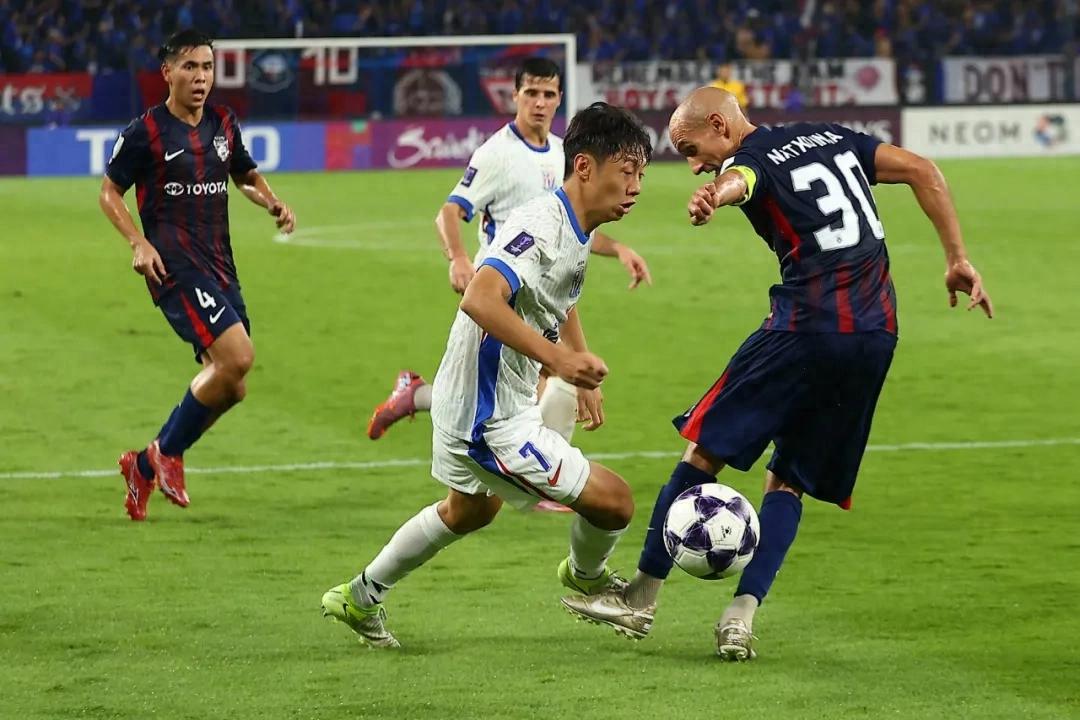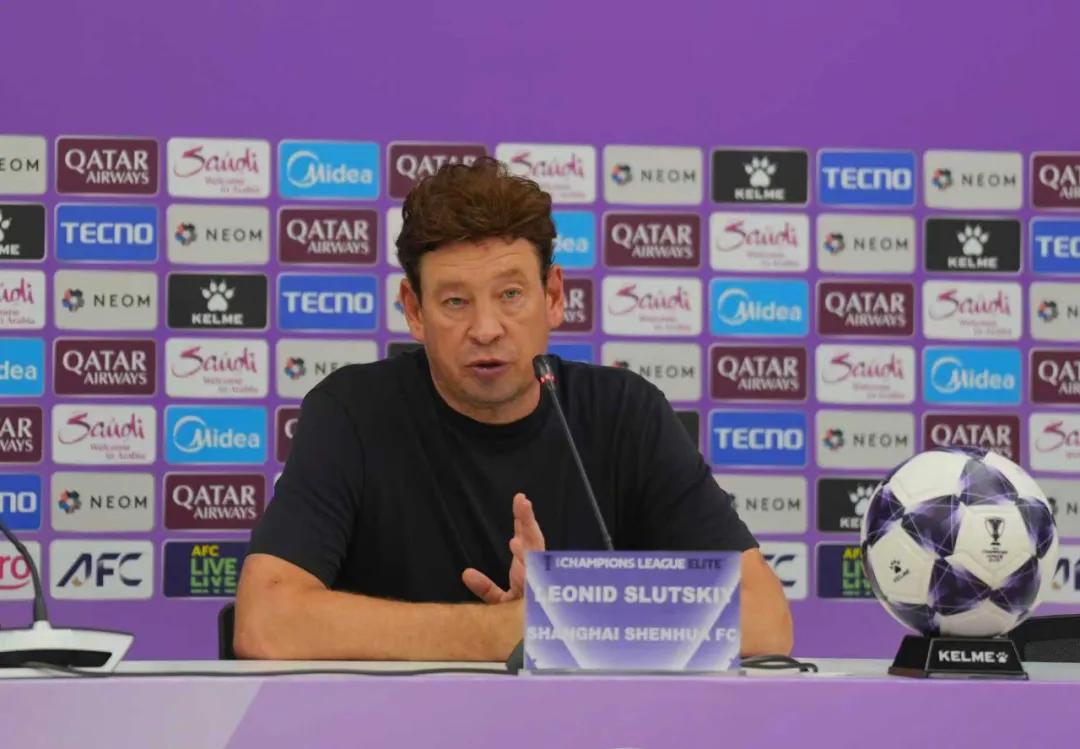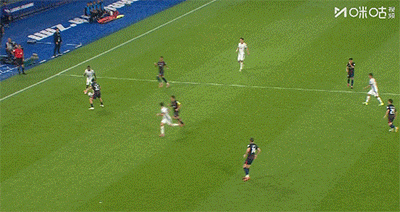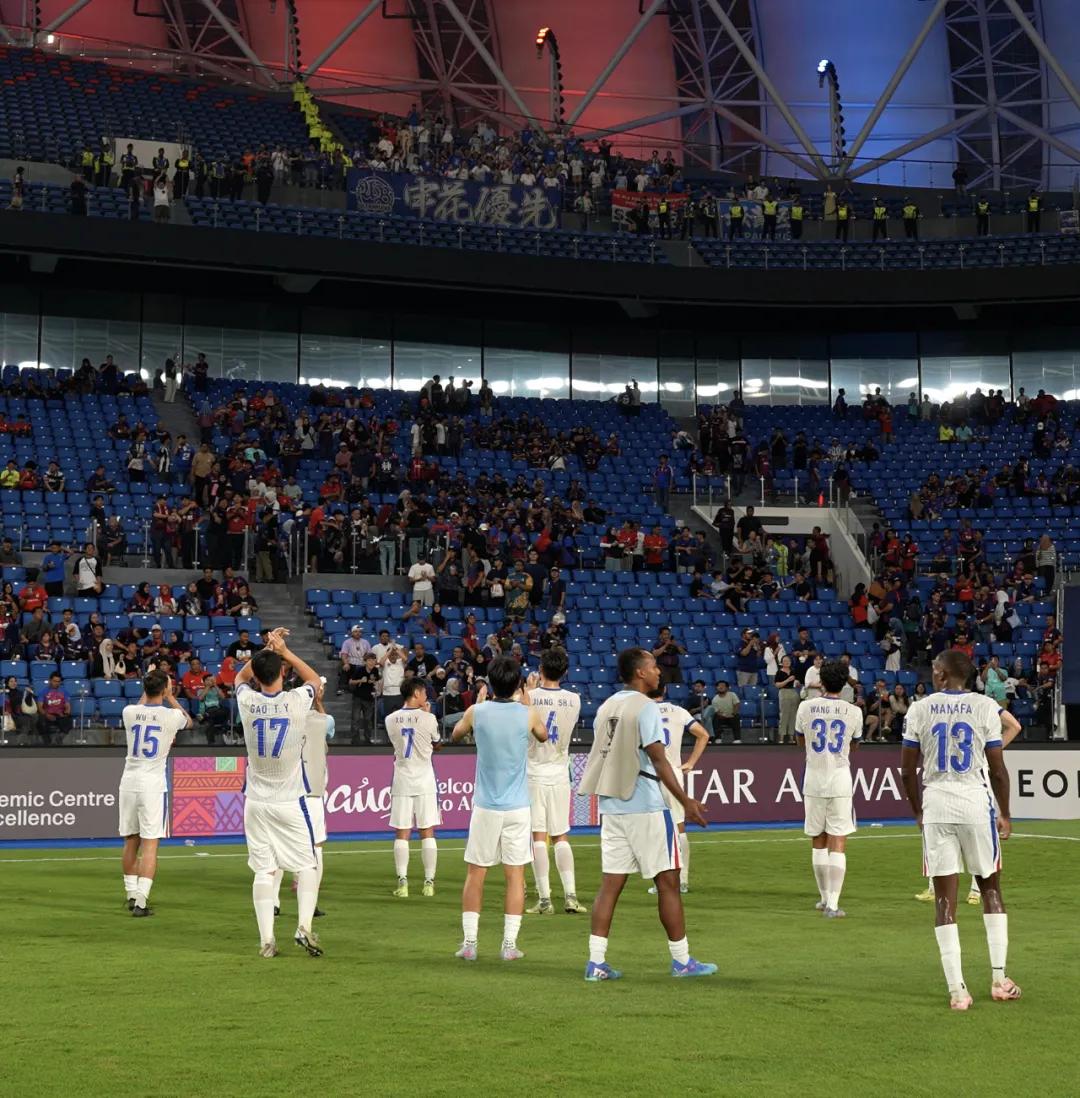Shanghai Shenhua: Weakness Leads to Consecutive Defeats Against Johor, "Stingy" Substitutions Cause Further Setbacks

Special Contributor / Gan Hui Playing away against Johor Darul Ta'zim, which relies heavily on foreign and naturalized players, Shanghai Shenhua, with their full squad, gave their all but still lost 1-3. After last season’s away defeat, they have now suffered another loss to this strong Malaysian side. It is worth mentioning that in the game's dying moments, Minero’s goal was inexplicably ruled out by the referee, causing significant controversy.

At the pre-match press conference, Slutsky praised the opponent, saying Johor Darul Ta'zim resembles a European team, “They are very strong, with many international players. Their tactical style and match intensity are closer to European teams.”
As Slutsky mentioned, Johor Darul Ta'zim showed their strength right from the start, putting heavy pressure on Shenhua’s defense. Shenhua’s goal area was under constant threat, and if not for goalkeeper Bao Yaxiong’s multiple saves, the team might have conceded in the first half.
After switching sides, Arif, who troubled Shenhua last year, posed a significant threat again. In this match, he provided two assists — at the 47th minute, Arif broke free from Shenhua defenders and crossed from the baseline, allowing Silva to score and break the deadlock.
When Shenhua pulled the score to 1-2 through a penalty, Arif assisted once more, helping Johor Darul Ta'zim extend the lead to 3-1 — at the 88th minute, Arif and Martin executed a wall pass on the right side, after which Arif delivered a low diagonal cross, and Honasan scored his second goal.
Johor Darul Ta'zim’s third goal was indeed well-coordinated, but it was also Shenhua’s own shortcomings that gave the opponent such a scoring opportunity. At that moment, some players, including Chen Jin, were severely exhausted and unable to keep up, yet Slutsky, holding one substitution window and two remaining substitution slots, failed to make timely changes.
In such a high-intensity match, effectively using all five substitution opportunities is crucial to maintaining the team’s competitiveness in the final stages. Slutsky has previously suffered due to his “stingy” substitution approach, rarely utilizing all five slots.
“The opponent is very strong, especially at their home ground, which puts a lot of pressure on us. We mostly adopted a defensive counterattack strategy, but our cooperative defense against the opponent’s key players was inadequate, giving them many chances. Of course, we also created some scoring opportunities, including two goals that were disallowed,” Slutsky said after the match.


After the game, the referee became the focus of heated discussion among Chinese fans. During injury time, Shenhua broke through on the right, Teixeira crossed, and Johor players cleared poorly. Minero scored, but the Jordanian referee Mahadmeh blew the whistle, then showed a yellow card to Manafa on the sideline and ultimately canceled the goal. This decision puzzled many, as if Manafa, the attacker, had committed an off-the-ball foul after passing, the whistle should have come 10 seconds before the goal. Slow-motion footage also showed the opponent had grabbed first, and the referee did not review the video at any point.
Although the goal would not have changed Shenhua’s loss, Mahadmeh’s decision sparked dissatisfaction among Shenhua players. Earlier, Xu Haoyang was fouled in the penalty area, but Mahadmeh initially called it a dive and issued a yellow card. After a VAR review prompted by the video assistant referee, he went to the sideline to watch the replay and then overturned the call to award a penalty.

This was not Shenhua’s first time suffering under this referee. In the penultimate round of last season’s Chinese Super League at home against Xin Pengcheng, the same Jordanian referee officiated. In the second half, when Fernando was fouled from behind by an opposing foreign player, no foul was called, allowing Xin Pengcheng to equalize. That match ended 2-2, causing Shenhua to lose the top spot and ultimately miss out on the league title.
After this round, Shenhua dropped to 10th place, followed by 11th-ranked Rongcheng and 12th-ranked Haigang, with the three Chinese Super League giants occupying the bottom three spots, severely damaging their reputation in international competitions.



Wonderfulshortvideo
Couldn’t be stopped 😤


Stop what you’re doing.


Take a bow, Leo Scienza 😮💨


🏆 CHAMPIONS LEAGUE 🇪🇺 | 05/11/25


🏆 CHAMPIONS LEAGUE 🇪🇺 | 05/11/25


🏆 CHAMPIONS LEAGUE 🇪🇺 | 05/11/25


A bonfire night screamer from Barry Bannan! 🔥🎆








 Links
Links
 Contact
Contact
 App
App


